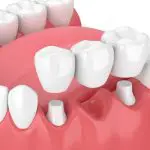Why Does a Cold Cause Tooth Pain: Understanding the Connection
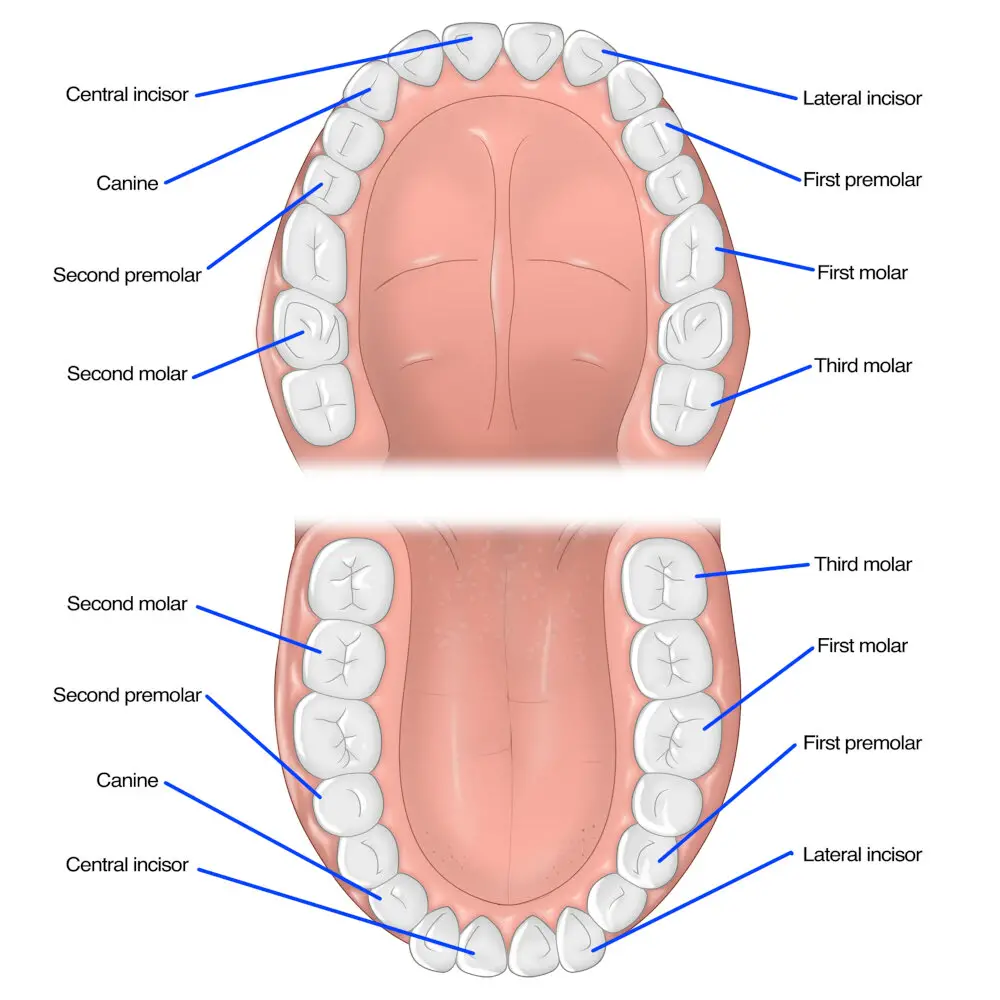
Cold weather can be a major inconvenience for many people, especially when it comes to dental issues. Have you ever noticed that your teeth become sensitive and painful during the winter season or when you have a cold? You are not alone. The connection between cold weather and tooth pain is real, and it’s essential to understand why it happens and how to manage it. Several factors contribute to tooth sensitivity and pain during a cold, including sinus pressure, dehydration, and changes in temperature. Additionally, dental conditions such as tooth decay and gum disease can worsen during the cold season, leading to increased discomfort. Understanding the link between cold weather and tooth pain is crucial to ensure that you take proper care of your dental health and prevent further complications. This article will explore the reasons behind tooth pain during a cold and provide tips on how to manage it effectively.
Experiencing tooth pain or sensitivity during a cold is a common occurrence that can be attributed to a number of factors. Firstly, the sinuses in the face and head can become inflamed and swollen during a cold, putting pressure on the nerves surrounding the teeth. This pressure can cause discomfort or pain in the teeth, particularly in those located in the upper jaw. Additionally, the changes in temperature and humidity that occur during a cold can affect the teeth, causing them to expand and contract and potentially exacerbating any existing dental issues such as cavities or gum disease. It is important to practice good oral hygiene and seek dental care if tooth pain persists or worsens during a cold.
The article \Why Does a Cold Cause Tooth Pain? Understanding the Connection\ aims to investigate the correlation between common colds and tooth pain. It provides a comprehensive overview of the symptoms of dental pain that can be caused by a cold and examines the different ways this condition can occur. The author explains that tooth pain is a common complaint during a cold and highlights the various factors that can cause it. This article also offers practical advice on how to prevent and treat cold-related tooth pain, making it a valuable resource for those who suffer from this condition. Overall, the article provides valuable insights into the link between a cold and tooth pain, shedding light on a common yet often misunderstood phenomenon.
Anatomy of the Mouth and Sinuses

The mouth and sinuses are essential parts of the respiratory system and play a crucial role in maintaining oral and overall health. The mouth is composed of various structures, including the teeth, gums, tongue, palate, and oral mucosa. These structures work together to perform essential functions such as chewing, speaking, and swallowing. The sinuses, on the other hand, are air-filled spaces located in the bones of the face and skull. They are lined with mucous membranes and help to regulate the temperature and humidity of the air we breathe in. The mouth and sinuses are interconnected, and any infection or inflammation in one can affect the other. For instance, a cold or flu can cause inflammation in the sinuses, leading to sinusitis, which can cause tooth pain. This is because the roots of the upper teeth are located close to the sinuses. When the sinuses are inflamed, the pressure can build up, putting pressure on the roots of the teeth, leading to pain and discomfort. Similarly, dental infections or gum disease can spread to the sinuses, causing sinusitis and other respiratory problems. Therefore, it is crucial to maintain good oral hygiene and seek prompt medical attention if you experience tooth pain or sinusitis symptoms.
The mouth and sinuses are intricately connected, forming an essential part of the upper respiratory system. The mouth is the entry point of the respiratory system, where air enters and is warmed and moistened before entering the lungs. The sinuses, on the other hand, are air-filled cavities located within the bones of the skull that connect to the nasal passages. They play a crucial role in filtering and warming the air we breathe. The sinuses and the mouth are connected by a network of small openings or ducts, which allow air to pass freely between them. When you have a cold, the sinuses can become inflamed and filled with mucus, which can put pressure on the nerves that supply the teeth, causing pain and discomfort in the teeth and gums.
Congestion in the sinuses can have an impact on the teeth and gums because the maxillary sinuses, located above the upper jaw, are situated close to the roots of the upper molars. When the sinuses become congested, the pressure can push down on the roots of these teeth, causing pain and discomfort. Additionally, sinus congestion can lead to inflammation and swelling in the gums, which can cause sensitivity and pain. This discomfort can be exacerbated when consuming hot or cold foods or beverages. It is important to address sinus congestion promptly to alleviate tooth pain and prevent further dental complications.
Sinusitis and Tooth Pain
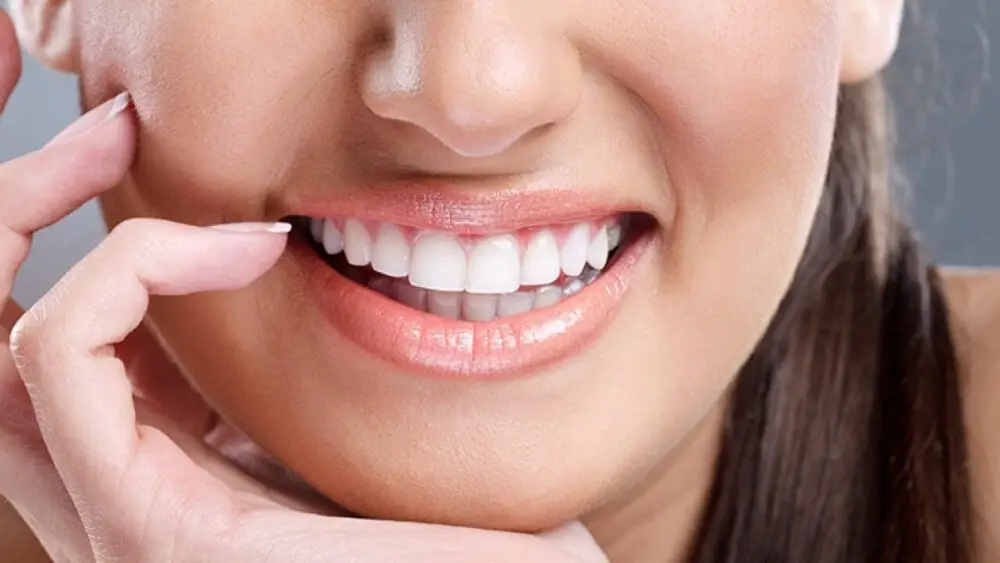
Sinusitis is a condition that causes inflammation of the sinuses. This can occur when the sinuses become blocked with mucus due to allergies, infection, or other causes. When the sinuses become blocked, it can cause pressure to build up in the sinuses, leading to pain and discomfort. One of the most common symptoms of sinusitis is tooth pain. This is because the sinuses are located close to the upper teeth, and when the sinuses become inflamed, it can cause pressure to be exerted on the teeth, leading to pain and discomfort. In some cases, the pain may be severe, and may be accompanied by other symptoms such as headache, fever, and nasal congestion. The connection between sinusitis and tooth pain is not well understood, but it is thought to be related to the fact that the sinuses and teeth are located close together. When the sinuses become inflamed, it can cause pressure to be placed on the roots of the teeth, leading to pain and discomfort. In addition, the sinuses and teeth share some of the same nerves, so when the sinuses become inflamed, it can cause pain to be referred to the teeth. If you are experiencing tooth pain and have been diagnosed with sinusitis, it is important to seek medical attention to determine the underlying cause of your symptoms and to receive appropriate treatment.
Sinusitis is a medical condition that occurs when the sinuses become inflamed and swollen, causing pain and discomfort. The sinuses are small, air-filled cavities located in the facial bones, and they play a crucial role in filtering and moistening the air we breathe. When we have a cold or other respiratory infection, the sinuses can become blocked, leading to congestion and pressure. This pressure can sometimes cause pain in the teeth or jaw, as the nerves in these areas are closely connected to the sinuses. Sinusitis can be acute or chronic and can cause a range of symptoms, including facial pain, headache, nasal congestion, and fever. Treatment usually involves over-the-counter or prescription medications to relieve symptoms and antibiotics if the infection is bacterial.
Sinusitis is a condition where the air-filled spaces behind the bones of the face, known as the sinuses, become inflamed and swollen. This inflammation can cause pressure on the surrounding nerves, including those that supply the teeth in the upper jaw. As a result, tooth pain can occur even if there is no problem with the tooth itself. The pain is often described as a dull ache and can be felt in several teeth, making it difficult to pinpoint the exact source. Additionally, the congestion and mucus buildup associated with sinusitis can also lead to bacterial growth, which can cause tooth decay or gum disease, further exacerbating the tooth pain. Therefore, it is important to address sinusitis promptly to prevent any potential dental complications.
When it comes to tooth pain caused by a cold, upper teeth are more vulnerable than lower teeth. The reason behind this lies in the anatomy of our sinuses. The maxillary sinuses, located above the upper teeth, are connected to the nasal cavity through small openings. These openings can become blocked or inflamed during a cold or sinus infection, causing pressure to build up in the sinuses. This pressure can then be transferred to the roots of the upper teeth, leading to pain and discomfort. In contrast, the lower teeth do not have a direct connection to the sinuses, making them less likely to be affected by sinus pressure and cold-related tooth pain.
Bruxism and Tooth Pain

Bruxism is a common condition that causes people to grind or clench their teeth, often during sleep. This can lead to a range of dental problems, including tooth pain. The pressure and friction caused by grinding can wear down the enamel on teeth, exposing the sensitive dentin underneath. This can lead to increased sensitivity to hot and cold temperatures, as well as pain when biting or chewing. In severe cases, bruxism can even lead to cracked or broken teeth, which can cause intense pain and require extensive dental work to repair. Treatment for bruxism may involve the use of a mouthguard or other devices to protect the teeth and reduce grinding, as well as stress management techniques to address any underlying psychological factors that may be contributing to the condition. Tooth pain can also be caused by a range of other factors, including cavities, gum disease, and trauma to the teeth. In some cases, a cold or sinus infection can also cause tooth pain. This is because the sinuses are located close to the upper teeth, and inflammation or congestion in the sinuses can put pressure on the teeth and cause discomfort. Additionally, cold temperatures can cause the nerves in the teeth to become more sensitive, leading to pain when exposed to cold air or water. If you are experiencing tooth pain, it is important to see a dentist to determine the underlying cause and receive appropriate treatment.
Bruxism is a common dental condition characterized by the clenching and grinding of teeth, usually during sleep. It affects both adults and children and can lead to a range of dental problems, including tooth wear, fracture, and sensitivity. Bruxism is often associated with stress and anxiety, but it can also be caused by other factors such as sleep disorders, malocclusion, and medication use. Treatment for bruxism typically involves the use of a mouthguard to protect the teeth and reduce the pressure caused by grinding. In severe cases, orthodontic treatment or therapy to manage stress and anxiety may be necessary.
Bruxism, commonly known as teeth grinding, is a condition where an individual involuntarily clenches or grinds their teeth, often during sleep. This can cause significant damage to the teeth, as well as lead to tooth pain. The constant grinding and clenching can wear down the enamel of the teeth, exposing the sensitive dentin layer beneath. As a result, the affected teeth can become sensitive to hot, cold, or sweet foods and drinks, leading to tooth pain. Furthermore, bruxism can cause muscle soreness and inflammation in the jaw, which can also contribute to tooth pain. Therefore, it is essential to seek treatment for bruxism to prevent tooth damage and pain.
It is not uncommon for people with colds to experience tooth pain or sensitivity. One possible explanation for this is that the sinuses, which are located close to the teeth and gums, can become inflamed and congested during a cold. This inflammation can put pressure on the teeth and cause discomfort. Additionally, people with colds may be more likely to grind their teeth, either due to the discomfort they are experiencing or as a side effect of decongestant medication. Teeth grinding, also known as bruxism, can cause further damage to the teeth and exacerbate any existing pain or sensitivity. If you are experiencing tooth pain or sensitivity during a cold, it is important to consult with a dentist to determine the underlying cause and develop an appropriate treatment plan.
Preventing and Treating Tooth Pain During a Cold
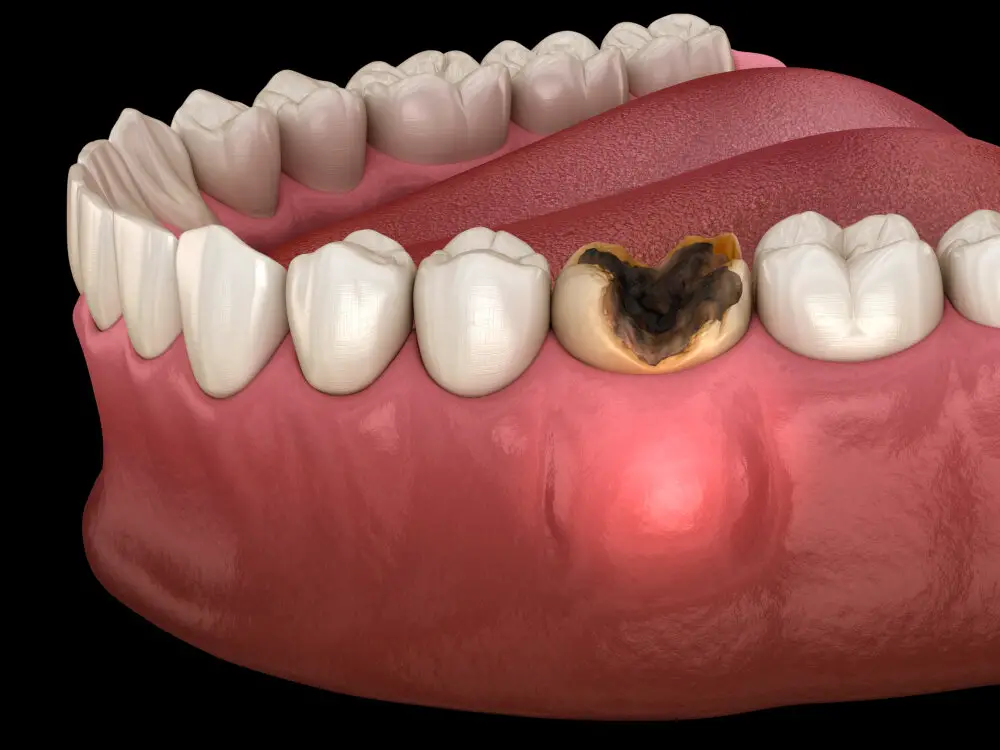
When you have a cold, you may experience tooth pain that can range from mild discomfort to severe throbbing pain. This pain is often caused by sinus pressure and congestion, which can put pressure on the nerves in your teeth. To prevent and treat tooth pain during a cold, there are a few things you can do. One of the most effective ways to prevent tooth pain is to stay hydrated. Drinking plenty of water can help keep your sinuses moist, which can reduce the pressure on your teeth. You can also use a saline nasal spray or a neti pot to help clear your sinuses and reduce congestion. If you are experiencing tooth pain during a cold, there are several treatments you can try to alleviate the discomfort. Over-the-counter pain relievers like ibuprofen or acetaminophen can help reduce inflammation and relieve pain. You can also try using a warm compress on your face to help relieve sinus pressure. Avoiding cold or hot foods and drinks can also help reduce tooth pain, as extreme temperatures can aggravate sensitive teeth. If your tooth pain persists or becomes severe, it is important to see a dentist to rule out any underlying dental issues that may be contributing to your discomfort.
To prevent tooth pain during a cold, it’s important to maintain good oral hygiene. Brushing and flossing regularly can help prevent bacteria buildup, which can lead to tooth decay and sensitivity. Drinking plenty of fluids, especially water, can also help keep your mouth hydrated and reduce discomfort. Avoiding sugary and acidic foods and beverages can also help prevent tooth pain, as they can exacerbate sensitivity. If you do experience tooth pain during a cold, over-the-counter pain relievers can help alleviate discomfort. It’s also important to consult with your dentist if the pain persists or worsens, as it could be a sign of a more serious dental issue.
Tooth pain during a cold can be a frustrating and uncomfortable experience, but fortunately, there are several treatment options available. Over-the-counter pain relievers such as ibuprofen or acetaminophen can help alleviate tooth pain and reduce inflammation. Additionally, home remedies such as placing a warm compress on the affected area, rinsing with salt water, or applying clove oil can also provide relief. It is important to maintain good oral hygiene during a cold and avoid extremely hot or cold foods and beverages, which can exacerbate tooth pain. If the pain persists or worsens, it is recommended to consult a dentist to rule out any underlying dental issues.
The article titled \Why Does a Cold Cause Tooth Pain? Understanding the Connection\ discusses how the common cold can cause tooth pain and discomfort. The article explains that the sinuses and teeth are closely connected and that the pressure caused by sinus congestion can lead to tooth pain. Additionally, the article notes that cold viruses can lead to inflammation and infection, which can also cause tooth pain. The article suggests several ways to alleviate tooth pain caused by a cold, such as using a humidifier, taking pain relievers, and practicing good oral hygiene. Overall, the article provides valuable insights into the connection between a cold and tooth pain and offers practical advice on how to manage this discomfort.
The connection between colds and tooth pain is a significant topic that deserves attention. It is crucial to understand that the sinuses and teeth are interrelated, and a common cold can lead to tooth pain due to the pressure buildup in the sinuses. This pressure can travel to the roots of the upper teeth, causing discomfort and pain. The sinuses are located close to the roots of the upper teeth, and when they are congested, they can cause inflammation, leading to tooth sensitivity and pain. Therefore, it is essential to take preventive measures against colds and sinus infections, such as proper hygiene and avoiding exposure to cold weather. Additionally, seeking timely treatment for colds and sinus infections can prevent the spread of infection and alleviate tooth pain. Understanding the connection between colds and tooth pain is crucial for better prevention and treatment of dental pain associated with colds.
Conclusion
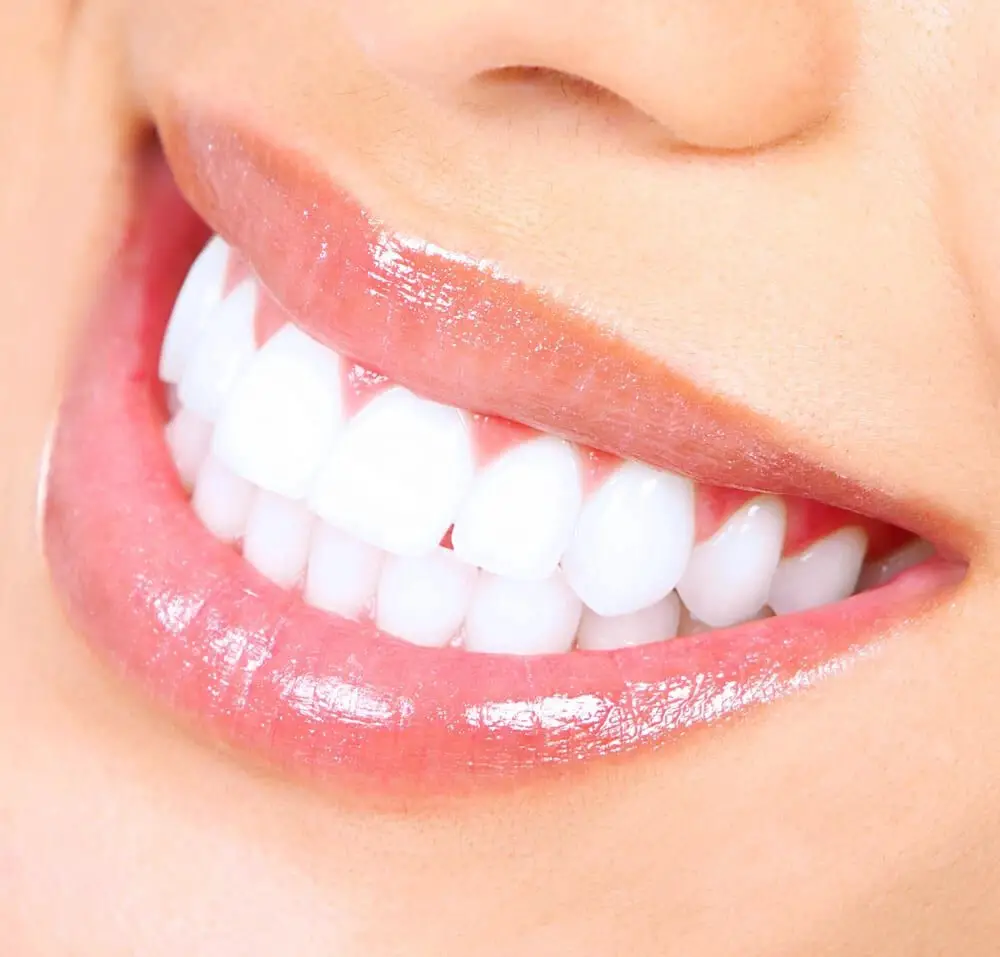
In conclusion, the connection between a cold and tooth pain is a complex one that involves several factors. The sinus cavities and the teeth are closely related, and any inflammation or infection in the sinuses can lead to tooth pain. Furthermore, the immune response triggered by a cold can also cause inflammation in the teeth and gums. It is important to seek prompt medical attention if you experience tooth pain during a cold, as it could be a sign of a more serious underlying condition. Maintaining good oral hygiene and taking steps to prevent colds can also help reduce the risk of developing tooth pain. Ultimately, understanding the connection between a cold and tooth pain can empower individuals to take better care of their overall health and well-being.






